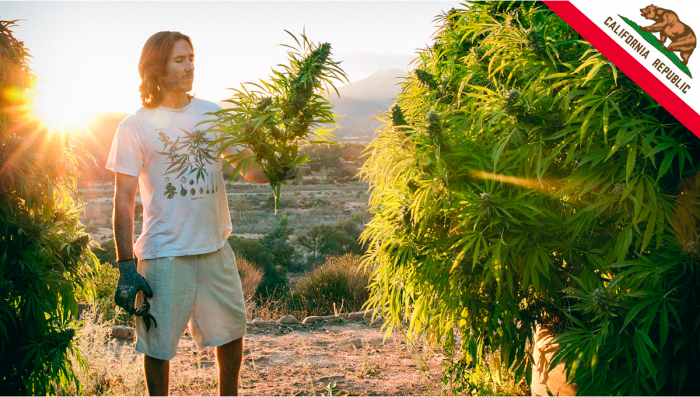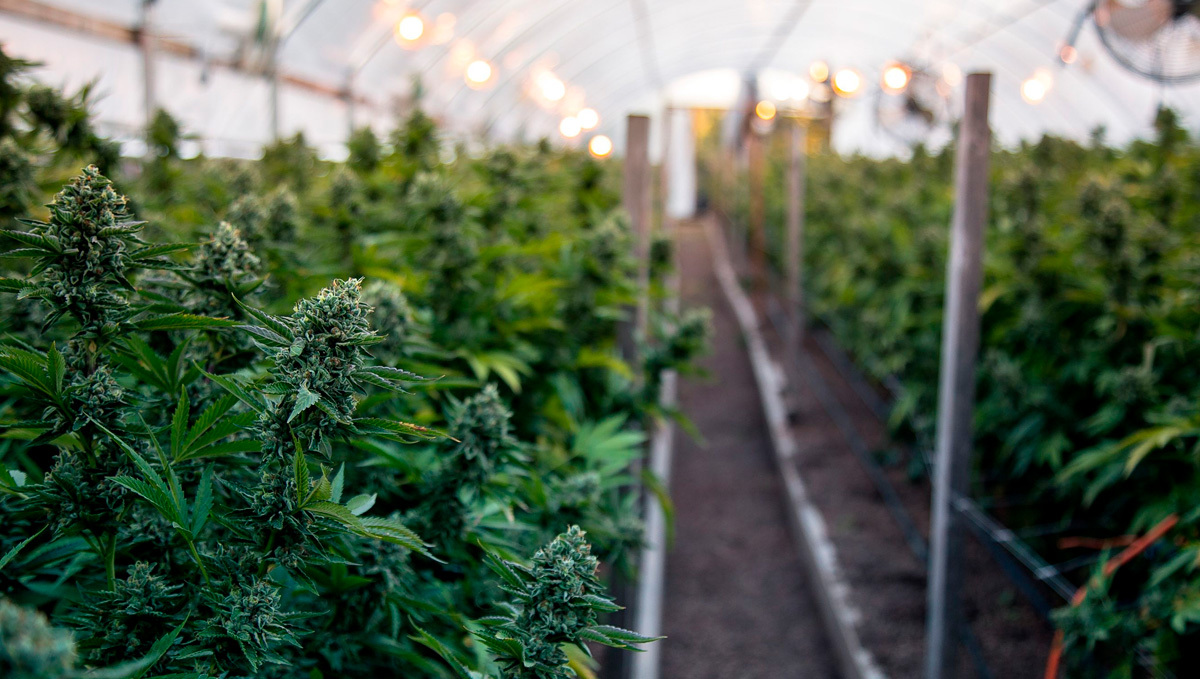Farmers in California Will Grow Weed Tax-Free

Last week, the state legislature adopted a budget agreement that offers some relief to the legal cannabis industry which is still in the red 6 years after the legalization. The main change is the zeroing out of the tax paid by cannabis farmers, but the lawmakers also put on hold the planned increase of the excise rate, shifted the taxation from distribution to retail, and decided on the tax credit for businesses.
The new regulations were a response to years of lobbying on behalf of the cannabis industry which finds it difficult to stay competitive with the illicit market. Though called a success by many cannabis advocates, the new legislation came under fire from critics who doubt it could be a game-changer for the struggling industry.
Leveling the Field Where Black Market Still Wins Hands Down
Legalized in 2016, the adult use of cannabis is no more a criminal offense. The reform has already proved beneficial as it cut down on the cost of law enforcement as well as the harm of making criminals of otherwise law-abiding citizens. However, the other declared goal of legalization – the windfall of taxes from a new legal industry – proved to be more challenging to achieve.
Procuring a license, covering the cost of environmental regulation, and paying high taxes negatively affect the ability of legal cultivators, manufacturers, distributors, and retailers to compete with illegal operators. It is expected that freeing growers from taxes will create a beneficial ripple effect across the whole supply chain.

Even Trimmings Can Now Become a Profitable Commodity
Until now, farmers had to pay a fixed $10.08 tax for every ounce of buds, and it has been less and less tenable as the demand skyrocketed while retail outlets remained few and far between. The language of Proposition 64 allowed counties and municipalities to ban the opening of marijuana stores in their jurisdictions (which many elected officials did). It led to oversupply and plummeting wholesale prices, and last year, some farmers were forced to leave their crops to rot in fields.
After the recent overhaul in regulations, growers might keep just enough margin in their pockets to make the whole enterprise profitable again. And since the trimming won’t be taxed anymore either, even they may become profitable as cultivators will be able to sell them to cream and cosmetics manufacturers.










